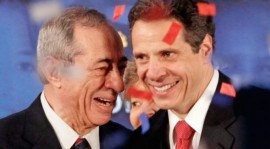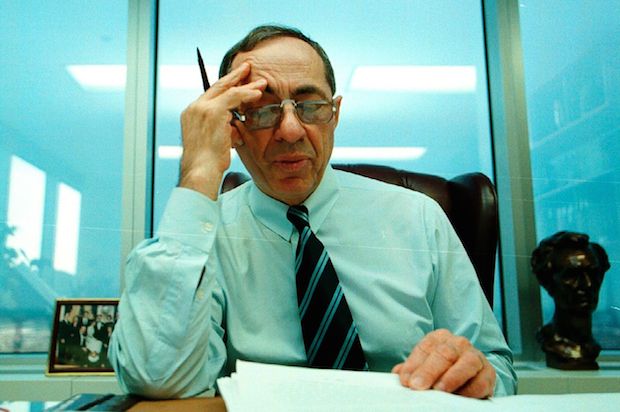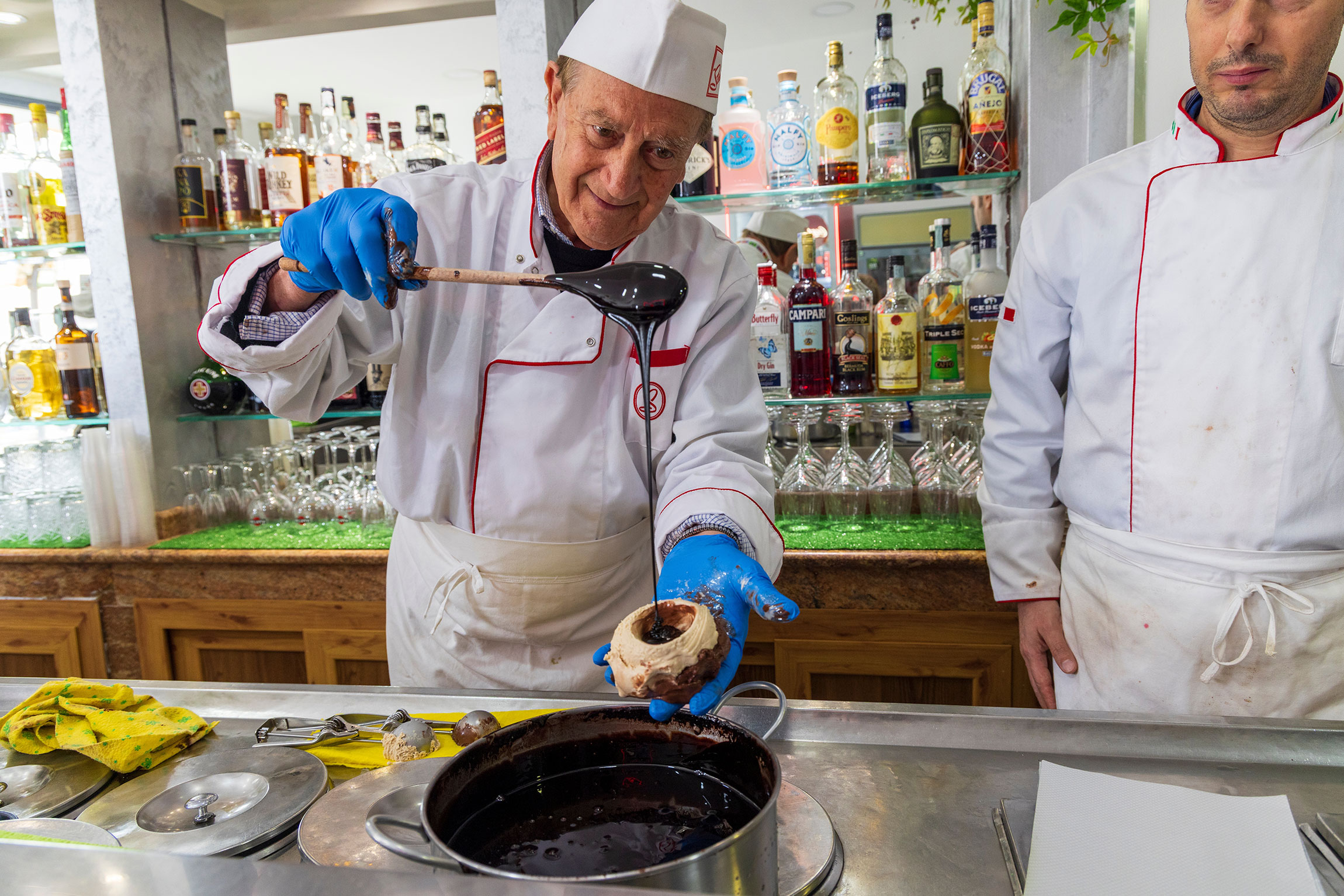When I heard the news of Mario Cuomo’s death this past month, I reflected on a moment that I had with the former New York State Governor. He had retired from public office after he was defeated for a fourth term as Governor in 1994.
Cuomo served as a political leader for several years in New York State and after his defeat, he decided to return to law and work for a private law firm. At the same time, many were unaware that he also decided to teach for a few semesters at Baruch College’s School of Public Affairs.
During one semester at Baruch College, faculty members as well as students were invited to listen to one of his lectures about American government.
After his lecture, I approached him and introduced myself. We continued to talk about current issues. In the midst of our brief conversation and seeing how affable he was, I asked the former Governor if he would be interested in being interviewed for L’Italo-Americano newspaper.

He pondered my request for a second and then gave me an email address. I walked away with the impression that he did not want to commit to an interview until he was more aware of his schedule and perhaps more comfortable with knowing who I was.
For the next few months, I communicated via email with Mario Cuomo’s secretary and she proposed conducting the interview by phone. I was reluctant to agree to a phone interview because a great deal is lost when a writer is unable to observe the interviewee’s body language and overall presence. Responding to questions is only part of the process when conducting an interview for a story.
In my opinion, what is equally important to writers when interviewing someone is being able to view the respondent’s behavior and demeanor to questions, sometimes these are the intangibles that become part of the story too.
Face-to-face interviews are what make the moment more organic and real than over the phone conversations but I also realized that he was probably trying to accommodate me as well as fit the interview within his busy schedule.
To prepare for my interview, I decided to read Mario Cuomo’s book, Why Lincoln Matters: Today More Than Ever. In his political treatise, he applies many of Lincoln’s moral principles and thinking to the battle with terrorism, race and the role of government. The book was published in 2004, and still remains relevant today.
From Cuomo’s perspective, President Lincoln was someone that we can still learn from, even though conservative critics were convinced that he wrote the book as a platform to bash the leaders of the Republican Party, especially at the time, to take a jab at President George W. Bush.
Another part of my research in preparation to my interview with Mario Cuomo was to listen to his keynote address at the Democratic Convention at San Francisco in 1984 on YouTube. Many political scientists and journalists are convinced that this is what put the Italian American Governor on the national map. Prior to his keynote speech, his popularity remained, at best, within the Northeastern part of the country. In his speech, he challenged President Ronald Reagan’s domestic policies and gained more support from liberals who resided throughout the United States.
His performance at the convention was highlighted by his oratory skills and created a path for him to be on his way to the national spotlight. Subsequently, his name was floating around as the next Democratic Presidential Nominee; there was a buzz around Washington DC, that the man born in Queens, NY to Italian immigrants was a future force in American politics. The high expectations that many had for the NYS Governor however, never reached the level that many had predicted.
Perhaps Mario Cuomo could have been the first Italian American elected to the Executive Office but the NYS Governor was not interested in running for President. In 1992 President Clinton was considering him as a possible running mate for Vice-President but he was not interested and a few years later Clinton considered Cuomo for a Supreme Court position- once again he declined the offer. I have read unsubstantiated reports from aides and from others as to why he was not interested in becoming a national political figure and there is little information given by Mario himself about this subject.
From my research, I had concluded that I was going to be direct and ask a question for clarification as to why would someone who appeared to have so much support from his own political party nationwide, not be interested or at least have voters decide if they wanted him in the White House.
I thought as a way to make both of us feel comfortable, I would begin the interview by talking baseball. I knew Mario Cuomo, before interested in law and politics, was signed as an outfielder by the Pittsburg Pirates’ minor league farm team in 1952. He never reached the Major Leagues but always remained interested in the sport.
He was still known to talk about baseball and in recent years was involved in fantasy baseball. As I was waiting for a concrete date to my interview with Cuomo, his secretary contacted me and she explained that due to scheduling conflicts, the former Governor would be unavailable for some time. According to his secretary, Mario suggested as an alternative perhaps I would be interested in interviewing his wife Matilda Cuomo.
I thought about the famous saying, “Behind every great man, there’s a great woman,” so I agreed the story would be an interesting twist to my original idea. Once again his secretary communicated for several months until we were both unable to commit to a date. In short, my interview with the former NY leader and later his wife never materialized.
In retrospect, I was looking forward to having the opportunity to sit down with Mario Cuomo not just because of his Italian American background and his impact on New York State but his wide range of interests and political views. Mario Cuomo will be missed especially because of the interview that almost happened.






























